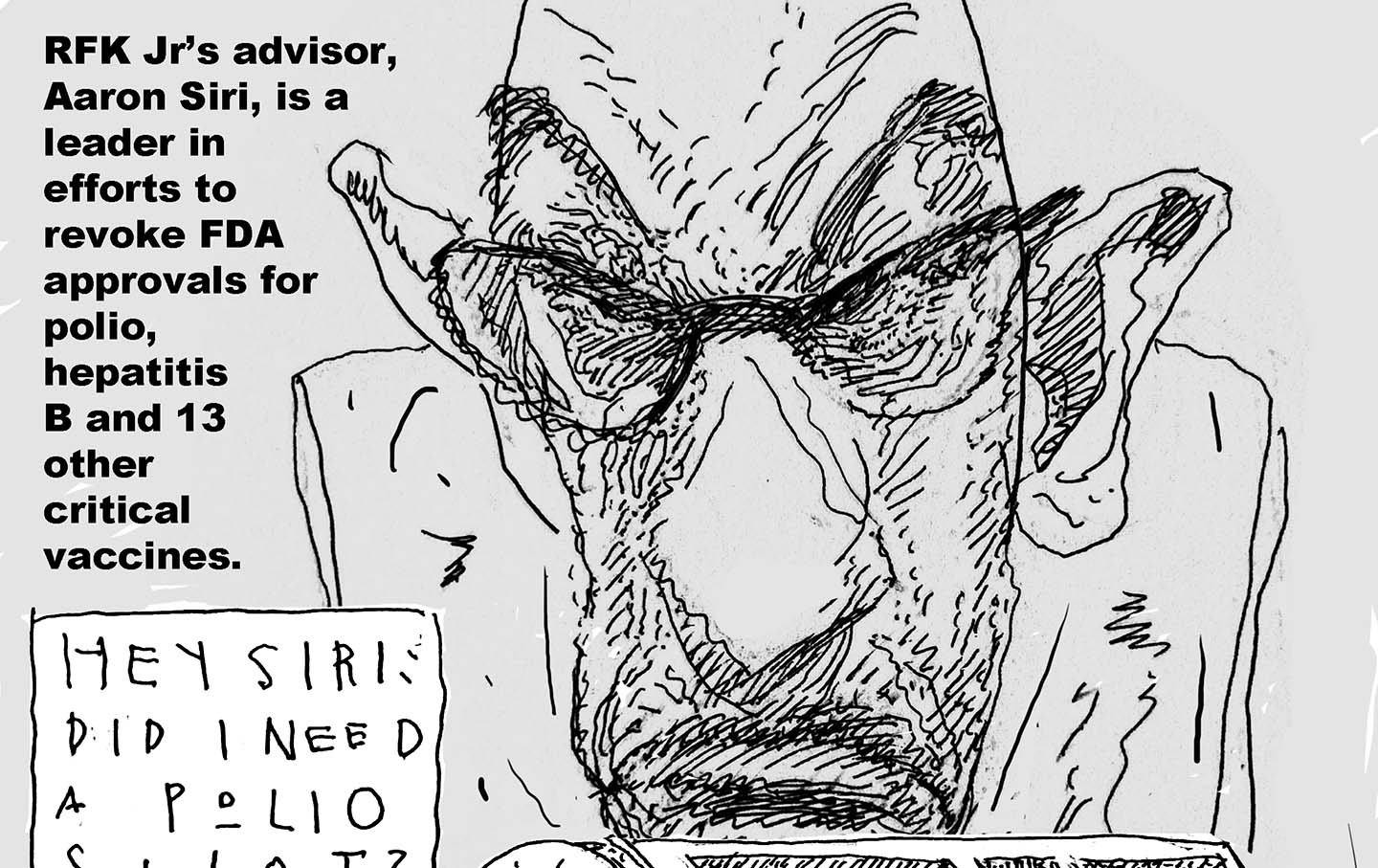Remark
/
August 12, 2024
Can a trigger nonetheless be simply, even when atrocities have been dedicated on its behalf?
There’s a set of photos to which Individuals do not need a lot entry. It consists of photographs of German cities after the American bombing raids of World Conflict II: photographs of Germans pulling the our bodies of youngsters out of their bombed-out houses, stacking corpses on carts, sifting by the rubble for what may stay of their possessions. Why are these photos lacking from the collective reminiscence? Is it as a result of the USA had no photojournalists in enemy territory? Or are they unremembered as a result of, not like so most of the bombing campaigns that adopted, this one belonged to what we consider as a very good battle? Most US readers in all probability have little want to ponder the collateral harm, measured in German civilian lives, of a victory over fascism that everybody agrees was noble and mandatory.
These photos do exist, in fact, and I’ve typically considered them over the previous months due to the pictures from Gaza, which they resemble. However they first got here to my thoughts lengthy earlier than October 2023. One afternoon just a few years in the past, I used to be sitting on the couch studying The Air Raid on Halberstadt on 8 April 1945, a ebook of textual content and pictures by which the German thinker Alexander Kluge paperwork the arrival of the US Eighth Air Pressure over his hometown. As I used to be studying, one thing concerning the title struck me as mysteriously acquainted. I went into my examine. Framed on the wall was a scrap of paper itemizing the missions my father flew as a bomber pilot throughout the waning months of the battle. And there it was, in his personal handwriting: “Halberstadt. 8 April 1945.” Whereas the 13-year-old Alexander Kluge waited to see whether or not he would die, as two or three thousand of his neighbors did within the explosions and fires round him, my father, Capt. Eugene Rabinowitz, age 21, was steadying his B-17 over Halberstadt, the bomb bay doorways open.
Some months after I checked out my dad’s flight document, I managed to satisfy Alexander Kluge. He was very sort. Kluge didn’t say something about the way it felt as a toddler to be bombed. He advised me that the boys in these planes had no extra management over the place they dropped their bombs than staff in a manufacturing unit have over what their manufacturing unit produces. Then he talked about some seemingly random episodes of violence, amongst them the eradication of the Neanderthals and a 18th-century pogrom in opposition to Jews in Prague. This was complicated. I made a decision afterward that the far-flung examples of atrocity he talked about helped relativize, for him, the awfulness he had lived by in addition to American accountability for it.
Nose to nose with an atrocity, historic relativizing doesn’t appear to be the apparent transfer. Mass violence in opposition to noncombatants—my tough definition of “atrocity”—can hardly seem, checked out up shut, as something however insufferable, incomprehensible, inhuman. The one factor to really feel about it’s indignation. The one option to choose it’s to say that the perpetrators have to be monsters. No matter facet I’m on, it will possibly’t be theirs. No matter is finished to their facet by means of retaliation, they’re those accountable for it.
That’s what many individuals determined after the Hamas assaults of October 7, 2023. However that line of reasoning is a mistake—as I feel Kluge was making an attempt to inform me. What was carried out in Halberstadt was monstrous, however my father was not a monster. Human historical past is stuffed with violence, and you may’t perceive that historical past, or play any function, even the slightest, in stopping future atrocities, if harmless victims and responsible perpetrators are all you see in it.
A trigger can nonetheless be simply even when atrocities are dedicated on its behalf. That was the case with the Allied bombing of German cities. It isn’t the case in Gaza, even when the Israeli pilots who’ve been doing the bombing deserve some share of the sophisticated combination of sympathy and abhorrence that cohabits in me with my love for my father. (Who is aware of what their officers have advised them?) Palestinians, then again, have each proper to wrestle for self-determination and an finish to occupation and blockade—even when the violence dedicated by Hamas on their behalf is unforgivable. The Native Individuals who murdered girls and youngsters whereas defending themselves in opposition to encroaching settlers throughout King Philip’s Conflict in 1676 weren’t unsuitable to defend their houses, even when we don’t approve of the atrocities that accompanied that protection. The state of affairs was not symmetrical. The Native Individuals had not paddled their canoes as much as England’s shores, burned English houses, taken over English woodlands.
Present Challenge
But when atrocity doesn’t make a trigger unjust, it doesn’t comply with that the existence of atrocities may be ignored. To commit an atrocity continues to be the only worst factor anybody can do. It stops you in your tracks—and so it ought to. But that doesn’t rule out consideration to variations in amount, proportion, and circumstances. Just like the supporters of Israel who harp on October 7, the German historians who draw an ethical equivalence between the Allied bombing of German cities and the Holocaust—as if the sufferings introduced by the previous canceled out German guilt for the latter—are neglecting necessary distinctions. My father advised me his targets have been solely army and industrial. This assertion turned out to typically be true, although it was not true of the raid on Halberstadt. At Auschwitz, there was no intention to keep away from civilian casualties.
Listening to the implausible verbiage with which Israel defends its every day carnage in Gaza, it can appear naïve or worse to demand acknowledgment for the historical past of fine intentions that has produced the trendy idea of atrocity—intentions so typically ignored in observe. However that historical past helps distinguish between Gaza now and Halberstadt then.
As a result of the killing of noncombatants was not all the time thought of shameful. As soon as upon a time, when plunder was a precept of financial survival, conquest was a matter of delight. Earlier than the rise of contemporary worldwide regulation, conquest was understood to confer rights of sovereignty. Should you conquered a territory, it was yours to rule. Not solely did conquest not violate any authorized or ethical norm; it was celebrated. What do you do with conquering heroes if not hail them? And the identical was true of the atrocities that conquest essentially introduced in its wake. Armies lived off the land, which meant taking what they wanted from those that lived on the land. Troopers have been routinely promised, and rewarded with, booty. Beneath these circumstances, it was inconceivable that any ethical norm ought to come up condemning the mass killing of noncombatants. The phrase atrocity signified extreme cruelty; it didn’t confer with the id of the victims. The trendy idea of atrocity as a victim-based ethical scandal couldn’t exist then. But now it does.
Our leaders now not brag concerning the variety of folks killed, as Julius Caesar did when he conquered Gaul. The passage of time has carried out greater than add to the chronicle of excruciating acts of violence; it has additionally modified how these acts are and needs to be judged. For the reason that raid on Halberstadt, human rights and humanitarian regulation have sharpened the world’s ethical consciousness. Our leaders might cynically favor the phrase atrocity to genocide, because the latter comes with the crucial to do one thing. Nonetheless, they’ve cause to know higher now than they did, even in World Conflict II, that historical past won’t applaud their success in wreaking mass violence on defenseless noncombatants. The IDF and its American enablers are guiltier than the Eighth Air Pressure as a result of the almost 80 years which have passed by haven’t been morally meaningless. For a similar cause, the remainder of us have extra accountability to carry the IDF and its American enablers accountable.
The phrase “the appropriate facet of historical past” sounds lame nowadays; few would admit to sharing Martin Luther King Jr.’s conviction that the arc of the ethical universe, although lengthy, bends towards justice. The nice ache that comes with attending to atrocities previous and current checks such little religion as might persist. Nonetheless, there may be clearly a unsuitable facet of historical past. Anybody searching for its proper facet can start by calling for an instantaneous finish to the bombing.
Can we rely on you?
Within the coming election, the destiny of our democracy and elementary civil rights are on the poll. The conservative architects of Mission 2025 are scheming to institutionalize Donald Trump’s authoritarian imaginative and prescient throughout all ranges of presidency if he ought to win.
We’ve already seen occasions that fill us with each dread and cautious optimism—all through all of it, The Nation has been a bulwark in opposition to misinformation and an advocate for daring, principled views. Our devoted writers have sat down with Kamala Harris and Bernie Sanders for interviews, unpacked the shallow right-wing populist appeals of J.D. Vance, and debated the pathway for a Democratic victory in November.
Tales like these and the one you simply learn are important at this important juncture in our nation’s historical past. Now greater than ever, we’d like clear-eyed and deeply reported unbiased journalism to make sense of the headlines and kind reality from fiction. Donate at present and be part of our 160-year legacy of talking reality to energy and uplifting the voices of grassroots advocates.
All through 2024 and what’s possible the defining election of our lifetimes, we’d like your assist to proceed publishing the insightful journalism you depend on.
Thanks,
The Editors of The Nation


